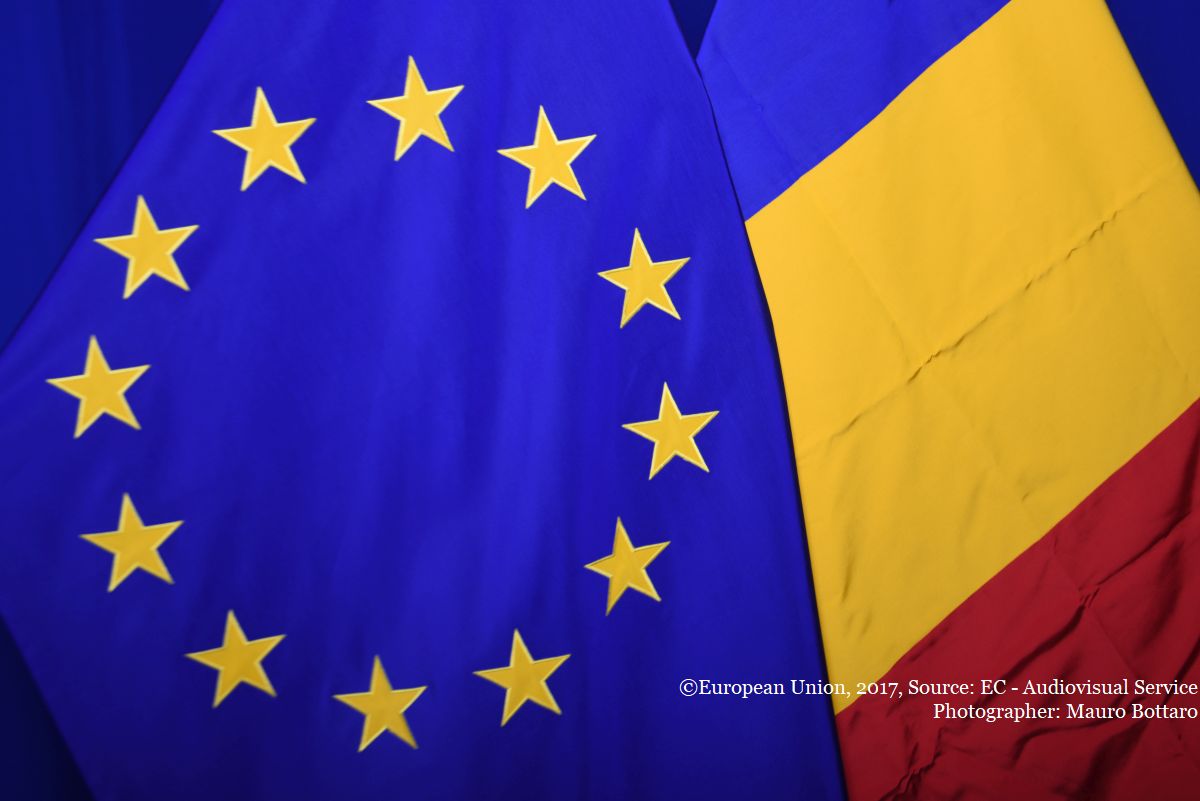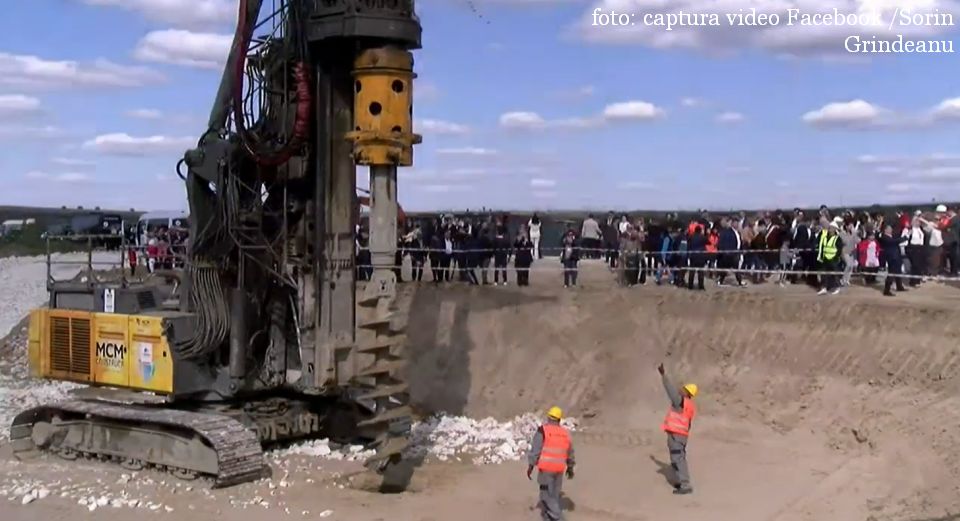President Iohannis rejects Government’s anti-corruption prosecutor nominee
President Klaus Iohannis rejects the candidate proposed by Justice Minister Tudorel Toader for the position of chief anti-corruption prosecutor

România Internațional, 22.11.2018, 13:46
In a move anticipated by supporters and opponents alike, Romania’s President Klaus Iohannis rejected, on Wednesday, the appointment of Adina Florea as chief –prosecutor of the Anti Corruption Directorate (DNA), proposed for this post by the Justice Minister Tudorel Toader. Three other nominations at the top of the High Court of Cassation and Justice and the Directorate for Investigating Organized Crime and Terrorism (DIICOT) respectively, were also rejected by president Iohannis. “The legal criteria that a prosecutor must meet, in an objective manner, in order to be appointed to a leading position, have not been met,” the presidential administration said in a release. Last month, a judicial advisory panel with the Superior Council of Magistracy issued a negative opinion on Mrs. Florea’s appointment, due to her “reduced stress tolerance and low analytical and synthetic skills,” as well as “deficiencies in relation to values such as honesty and impartiality, attributes that are indispensible to a manager.”
Minister Toader said he was not surprised with the President’s decision, but with the way in which he motivated his decision, namely by invoking the absence of a certificate saying that the nominees did not collaborate with the Securitate, the communist political police. While debates seem to continue in legal and procedural terms, in political terms the President’s decision is seen by some analysts as a counterattack in the endless war against the ruling coalition made up of the Social Democratic Party and the Alliance of Liberals and Democrats.
We recall that in June, the Constitutional Court headed by Valer Dorneanu ruled that President Iohannis had to sack the then anti-graft chief prosecutor Laura Codruta Kovesi, as Minister Toader had demanded ever since February. Judges ruled that the President had started a conflict when initially refusing to dismiss her. Kovesi’s eventual dismissal was perceived as a victory by the leftist ruling coalition whom the opposition, civil society and a part of the media accuse of trying to subordinate magistrates and prevent corrupt politicians from being brought to justice.
A spearhead of the anti-corruption fight to some and the leader of an abusive system to others, Laura Codruta Kovesi was frequently dubbed the most powerful woman in Romania. At a debate held at the UN headquarters in New York, shortly before her revocation, Kovesi said that the biggest challenge for Romania was to preserve the independence of judges and prosecutors. In the past five years alone, the Directorate prosecuted 14 ministers and former ministers as well as 53 MPs. Of them, 27 have already received final sentences. In the same period, the National Anticorruption Directorate ordered precautionary measures for assets worth 2.3 billion dollars. According to pundits, the Directorate will have to keep on working as it has before, because, in a mature democracy, institutions work irrespective of who is at their helm.






























